|
The cat stands, stretches, jumps from the chair and leaves the warm place on my hip…already becoming cold. My child sleeps in the other room. My head swims with the loss of those I’ve loved. No rhyme. No reason. I want more power to shape life around me, to stop the unexpected from wrenching my gut, the rain from coming on days we planned on sunshine. I want to stop the dishes from piling up in the sink and dust from accumulating on baseboards and bedsheets, to end the sense of more to do than can ever be done. I want security, control, success. But I don’t have any of that.
The earth will turn. Rain or sunshine will come. The songbird will stop singing when it sees a worm. The heron will leave the rock to fly away. The cherry blossoms will fall to the brick walkway where they will be trampled to pink paste. My daughter will battle the labyrinth of an over-wrought world. Oceans will rise. Climates will change. Innocent people will be killed. Oh, look. The cat is back. She has come to my side again and rests against my hip, warming it. I hear her purring, and tickle her neck, kiss her head, and wonder what it is like to be her. She doesn’t have control of when she is fed or when the basking sun breaks through the window or when the humans come home. Yet, she is content.
3 Comments
A stranger wearing jeans and a sweatshirt walks toward me under the viaduct.
Another stranger shoots heroin in his arm while sitting on shaggy littered grass near the concrete sidewalk. Cars pass. It is raining. The approaching stranger carries a white paper cup with a brown plastic lid. I assume it contains hot coffee. And I think of a… simple joy, as joy will be. The softness of it, like mist. Loving that was knowing, loving rolling into a body more familiar than my own, unassumingly as easy as brushing my teeth. He would leave our bed, my eyes dancing over his body, happy knowing he knew how to touch me. Downstairs into the cold early morning he went to the kitchen, to the street by the hotel where red rocks cast shadows, to his car covered in snow, to drive to Starbucks, wherever he needed to go to get the coffee I liked best. I used to believe in more love and more time. Wrinkled in overpasses now, I imagine the approaching stranger is taking coffee to his lover. I pass him and the junkie and in my hand, I clutch and conjugate “to grant.” From within a small rabbit hole, a black liquid burped up from the earth. It was hot and sticky and thick like molasses, smelling of sulphur and honey. From the hole, the black tar spread like an army of ants across undulating lime-tinted, spring grasses, grabbing the tender sheaves, and pulling them down like a wet comb through unruly hair. A misty rain fell from one large white cloud that hovered above the field. On the horizon at the farthest edge of the field walked an old woman, dressed in many loose layers of ripped cloth. Her gnarled toes touched the tar as she gently placed a foot down The heat spread between her toes and warmed her soles. The door was faint to her age-weakened sense of smell, and what lingered was not the sulphur but only the honey.
She missed the sound of bees. She missed horses in the field. She missed flowers and the houses and neighbors..all of it. But after walking over 100 years, she knew to expect nothing, be startled by nothing. She didn’t look back, she never looked back, but behind her the blackened earth was curling like old paper into a roll, the fullness of the roll at her back like a tsunami. She walked because she wanted to go home, back to her beginnings, to leave all the struggle and loneliness, all the disappointment and hardship, all the tears and sadness. And even if home was a tar ground that offered her nothing, she needed to reach that place she once knew, that place where she was true to herself, was only herself, unaltered by the demands of life and others, by her spirit which gave too much and left her depleted, to find again her heart, and mind, and soul, to find again herself. Two years it took her to march across that field. She ate only the berries dropped from the sky that landed in her begging hands. Eventually, she arrived at a place where light fell upon her through a hole in the white cloud, and she knew she was near. The land around her was the same as all the land she had covered over the last two years, and yet this location felt familiar. When she heard a voice coming from the earth, or was it a voice?, she looked down. A wolf’s nose was poking through the black liquid. After over 100 years, she stopped for the first time. She put her foot to the wolf’s nose. His mouth opened and he took her foot inside his mouth, and then her leg, and then all of her. His mouth shut. She was home. “A starling blue jay,” said the friendly stranger as we both stood attendant to the squawking bird. The bird seemed angry or frustrated. It was loud and beautiful. The man said he’d never seen a starling in Strathcona before. I wondered how this man knew what type of bird it was? I wondered if everyone knew more about birds than me. The jay was large compared to a robin, one the few birds I can name, and it was more formidable. It’s silken feathers were a deep blue and it’s crown a plumbing azure. It pecked the earth with his long beak, and squawked loudly like there was danger. When it flew to a top branch in the large Maple, it quieted except for its tapping on the rain darkened bark. Was it finding bugs? Was the tree infested with bugs, sick like so many other trees?
The friendly man told me he had also seen two eagles that morning. His eyes sparkled as he spoke. Then he turned, and walked away with his little brown dog, diminishing in size on the sidewalk shaded by looming trees. I was looking high into the nearly bare branches on that cold, fall day when a mother with two small children, and a stollered baby passed. The children wore mittens and caps, their clothes a cacophony of mixed bright colors in the golden reflection of fallen leaves. I’ve always noticed birds, but I was noticing them more because I had just finished Kyo Maclear’s memoir. I was thankful for her tiny book so full of large wisdom, thankful that earlier when I heard a bird I thought of the passage about city birds and how they have adjusted their songs to be heard above city’s noises. I thought, maybe I could do the same, maybe I could learn to adjust my pitch to be heard. But while gazing into the tree, I wasn’t thinking about sound, I was awed by this stranger in the neighbourhood, this unusual bird. At a distance, it’s colors were not as vibrant and my eyes started to wander to many, hidden, tiny birds flitting in the branches, tiny finches with yellow chests. They seemed to be partaking in a furtive, directionless dance. I lowered my gaze, moving on and watched a crow lift a leaf under which he found a hidden morsel as a black squirrel darted across the street. It feels like bone pain, like having a length of solid metal pipe dropped on your shin from a tenth floor apartment window, prone when it comes hurling down, laid out vulnerably like a child making an angel in the snow, trusting and unexpectant when the metal pipe crashes, breaking skin, shattering bone, and the pain sears not just the leg but chest and brain, too. A pain so profound all else stops existing, a pain that runs through the body twisting everything.. .the color of blood, thickness of saliva, bladder, nerve endings, brain waves, body temperature, heart beat, breath.
Forgiving seems impossible, not forgiving you, but forgiving me…me for spreading out to make a snow angel, for letting go under pressure, for not being strong enough to continue saying “no”, for not being able to stop you. It’s an emblematic disgrace of many times I’ve been fucked, when I was blind, didn’t foresee, was too weak to stop a predator. I am unforgiving of my ignorance, my weakness, my vulnerability, the access I allowed, the room I made for violation. The child in me has not learned, I have not learned a thing…not to look up and scour the windows for those intent on cruel acts. I keep looking for birds and snowflakes. For all I have been through, I am none the wiser. The little girl is curled up now, in a ball, inside herself, depleted, cocooning, hiding, afraid, maybe gone forever. I don’t want to talk about it. I don’t want to talk about any of the times I’ve been fucked because “no” wasn’t enough, because common human decency didn’t apply to me just because I’m a woman. You take my body as if you have more of a right to it than I do - but that’s common knowledge, that’s commonly accepted. What you may not know is that it is me I hate…for not having the strength to stop it, you, the others. For allowing the humiliation. The snowsuit isn’t warm enough. The snow is cold. And now I think it is snowing again. But the pain, the pain is hot, so very hot. It is burning me on the insides while the snow slowly covers me and I huddle, holding myself, hating myself, unable to get free, unable to breath, unable to move forward. I don’t want to talk about it. I don’t want to think about it. Forgiveness…it seems as distant as the place where snow is made. I can’t say I am sorry. I’m too weak and anyway why be kind to someone you disrespect, someone you hate, someone who can’t protect you. That someone is me. He was convinced that if he could lay his plans out on a flat surface, and organize them, order would repeat itself into infinity. It was, after all, a geometric possibility. He made lists out of full sentences, pages and pages of them, looking for the five lines that should be used to construct his repeating design. I plan to have love. I plan to have knowledge. I plan to have work that satisfies…and so on. Once he felt a list was complete, then he carefully hand wrote each line in block print, and prioritized by importance.
Each plan being different, it created a unique length, not as balanced as it needed to be for the pattern to work into infinity. He had to adjust the words, enlarging or minimizing and sometimes repeating. So for instance, plan to have a community of friends, he reduced the lettering in size to achieve a length equal with love life (repeated once). But he worried that the manipulation of size might influence significance of plans in relative terms. This process of creating, adjusting, doubting, reorganizing and prioritizing went on for years. And as he aged, his plans changed. He questioned his youthful wishes, certain aspirations fell away, others took their place then vanished as quickly as they had come to mind. He couldn’t find the perfection he sought, but he didn’t give up. He married, raised two children, changed careers several times, owned a house, divorced, moved into an apartment, began dating, remarried, moved into another house and grew a beard. His hair turned white. Everywhere he went he took a shoebox containing the lines and though not consistently — sometimes an entire year passed — he continued to try to solve the puzzle he set for himself. He became a grandfather. His second wife died of cancer. When his daughter was helping him move to another apartment, she came across a raggedy shoebox. It was grimy, the sides had softened and needed the lid to hold the box together. “Plans” was written in black ink on top of the Hush Puppy signage. She opened the box. Instantly the air smelled of lilacs and brewing coffee. A rush of rivers and squawking seagulls, raindrop patter and a small child’s voice playing somewhere in the distance filled her ears. Before her, she saw an image of her mother clouded in a thick purple fog. She put the top back on, shook her head and breathed in the old man smell in her dad’s bedroom. Again, she opened the box. Out swirled a cloth of repeating patterns. It glittered with silver, purple and blue as it unfurled like a dancer across the room, spreading from one corner to the next, rising up toward the ceiling then floating down and repeating the movement as it reached toward the window and spread further, moving into the air, across the lawn and over trees. “What are you doing, doll?” her father called as he slowly limped down the hallway toward the bedroom. Like a child secretly finished the last bit of cake, her heart quickened with shame and she reached to put the lid back on the box. But she couldn’t find it in the purple haze and undulating pattern. “Nothing. No need to come in. Why don’t you keep working in the guest bedroom,” she yelled so he could hear through deaf ears. It was too late. He stood in the doorway so much less the man she had known in her youth and at the same time so much more. He was reduced in statue by a quarter, she thought. His back stooped, one leg markedly weaker and slower than the other. Yet his eyes shined as brightly as ever, wiser now than when she was a child. She marvelled at his beauty. As she stared, transfixed by this man so familiar and so mysterious, her sight cut through the purple fog and dynamic pattern. She forgot about everything except what she felt in her heart for him. “What’s wrong?” he asked. Looks like you’ve seen a ghost.” She remembered the box, the smells and sounds and the pattern that could expand into infinity, like a bee hive, or a turtle’s shell. She blinked. Her gaze widened, searching her surroundings for the memory of what had just happened. But it was all gone. The room was empty except for the two of them. She looked back at his face, and there she found a trace, ever so faint, of this amazing pattern, and watched as it slowly sank under his thin, wrinkled skin. “Not a ghost, dad. Not even close,” she said as she placed the lid on the box and moved it into a larger packing container where it would be taped inside in preparation for the move to a new home. "The state of being no longer used or practiced."
Can you please just do the simplest thing? No need to dress it up with confusion, he said. She thought, Why can’t he see me. Why does he think I am so incapable. And then she remembered she was not beautiful any more and the successful career she once had had faded away, forfeited to raise her child, relegated to second place. She remembered that she must look at herself with his eyes, and from his point of view, and from there, she was nothing — neither sexually desirable nor powerful — and as such he imagined she was incapable of accomplishing the smallest of acts. He reprimanded her as if she were a child. His attitude, the way he tilted his chin up, looked down his nose, sat with steely confidence. He didn’t intend to belittle her; it wasn’t conscious. He didn’t need to have any thoughts about her. He had the advantage. He was a man and he was her boss. They were the same age, and one could even argue that their life experiences were equal, neither one superior to the other, though his life garnered accolades and money, while hers were accomplishments of generosity and caring, valueless in monetary terms, in life terms acts simply expected of a woman. She slouched slightly. In her youth, she was boldly beautiful, striking it was said, and always fearless in front of men, but that was gone now. Her eyelids and chin had softened and fallen. Her skin was thin and showed the color of her blood below, bags hung under her eyes, puffy and lined. Her hair had grayed. It was the same of him but his wrinkles and gray hairs added distinction, his virility was unquestioned. In fact, he had a second wife, much younger than his first. He had an uninterrupted career, flourishing, and the admiration his peers. Her gaze drifted along the blond wood conference table up his narrow chest and shoulders to his face, smug in its sense of dismay with what he perceived as her deficiencies. She focused on the window at his back, the view of high rises, a cruise ship, water below, the potted plant of heather on the balcony. The heather looked dead but it would come back to life in a few months, purple would dance over its dark branches and reach toward a distant sun. A gentle rain fell outside. Are you listening to me? Strangely a large bee, perhaps the queen, flew over the balcony’s stone railing and circled the twisted, brittle heather branches. It circled twice then flew rapidly toward the window. The woman started when it hit the glass, afraid for its life. But it kept circling the heather, and smashing into the glass. What is going on? asked the man sternly. An ugly frown spread across his face like he’d swallowed cat food. The bee, she said. Look at the bee. He grumbled, and didn’t turn. She took the glass of water she brought for herself when she got one for him, and turned the glass in her hand. Bastard, she thought. Horrible man. She picked up the glass and hurled the water at his face. It splashed across his frown, down his expensive clothes. She walked to the balcony door, walked the length of the balcony to the heather plant, gently grasp the bee in her hand and they flew away. |
Not really a BiographyI have always been inclined to move forward, roll the stone, down, and often up, hills. I've tried to write through it all. Everything on this blog is written by me. Archives
January 2023
Categories |
Proudly powered by Weebly
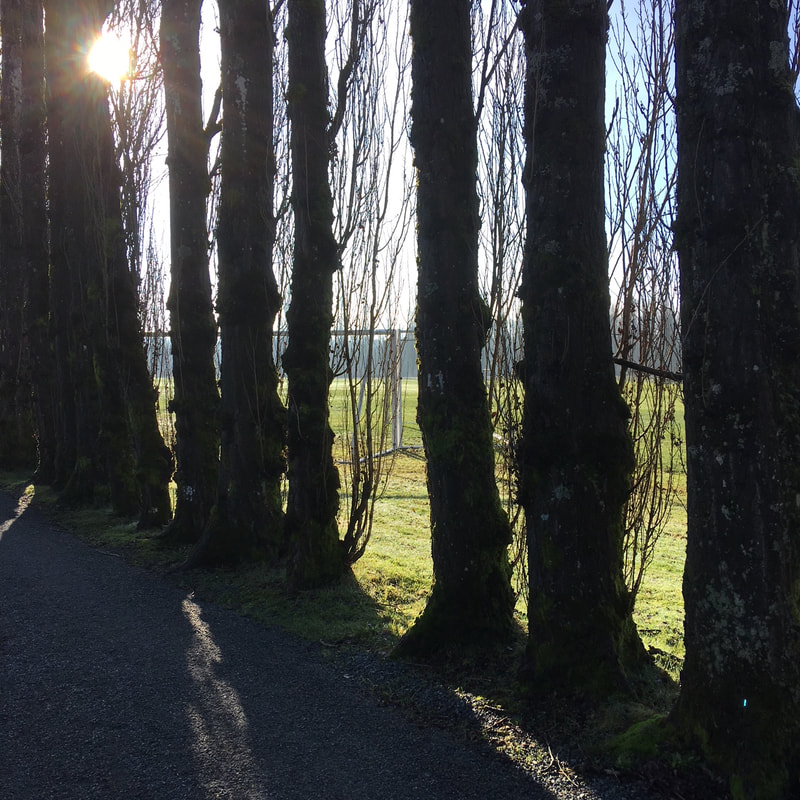
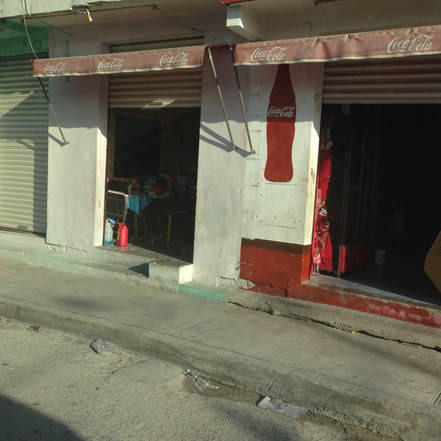
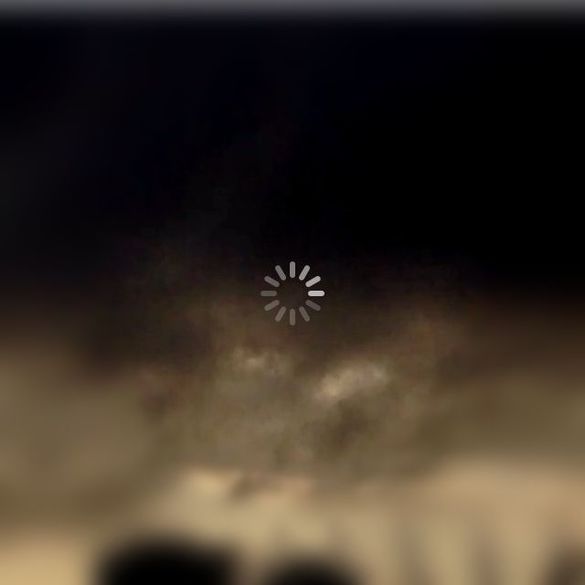
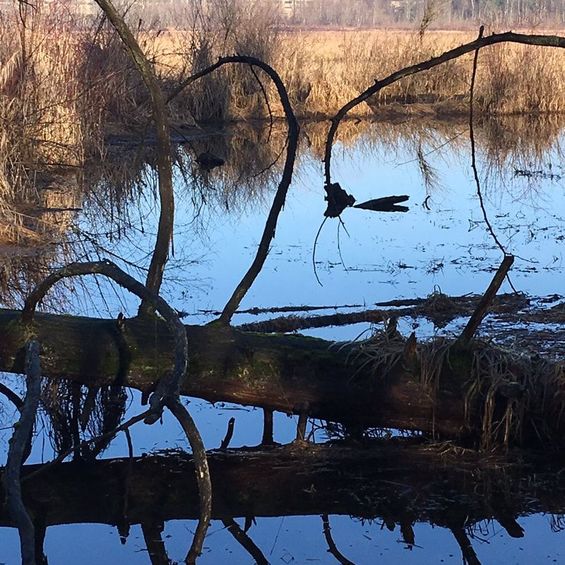
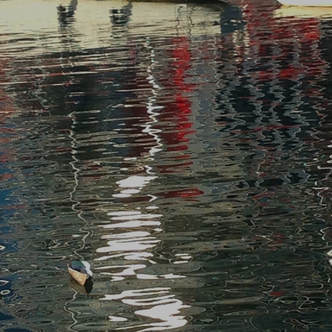
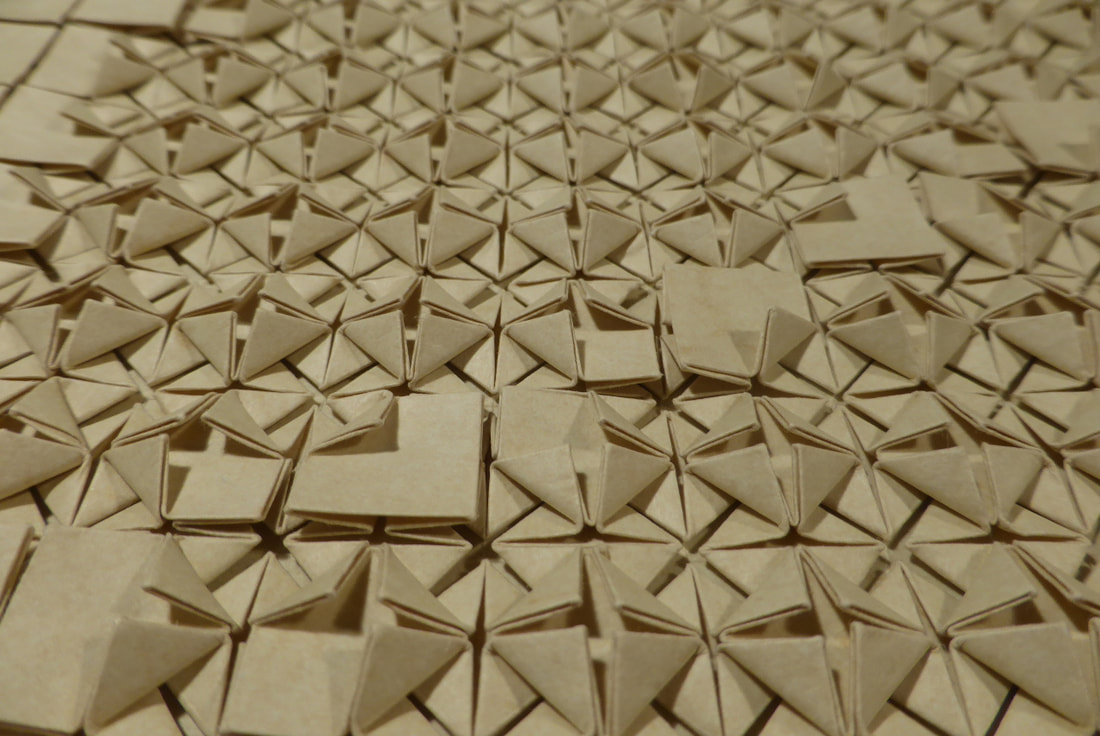
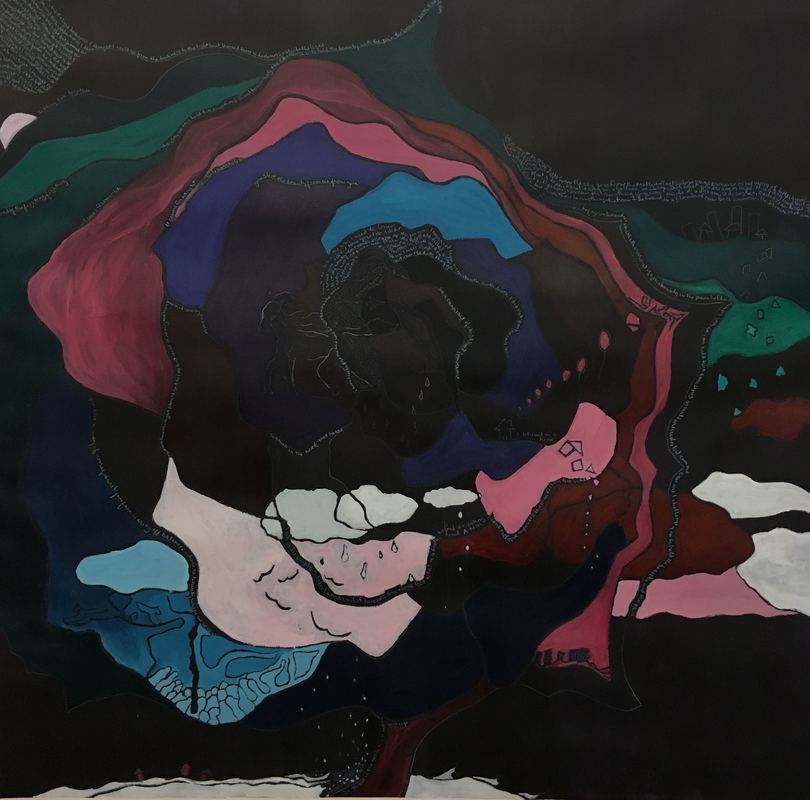
 RSS Feed
RSS Feed